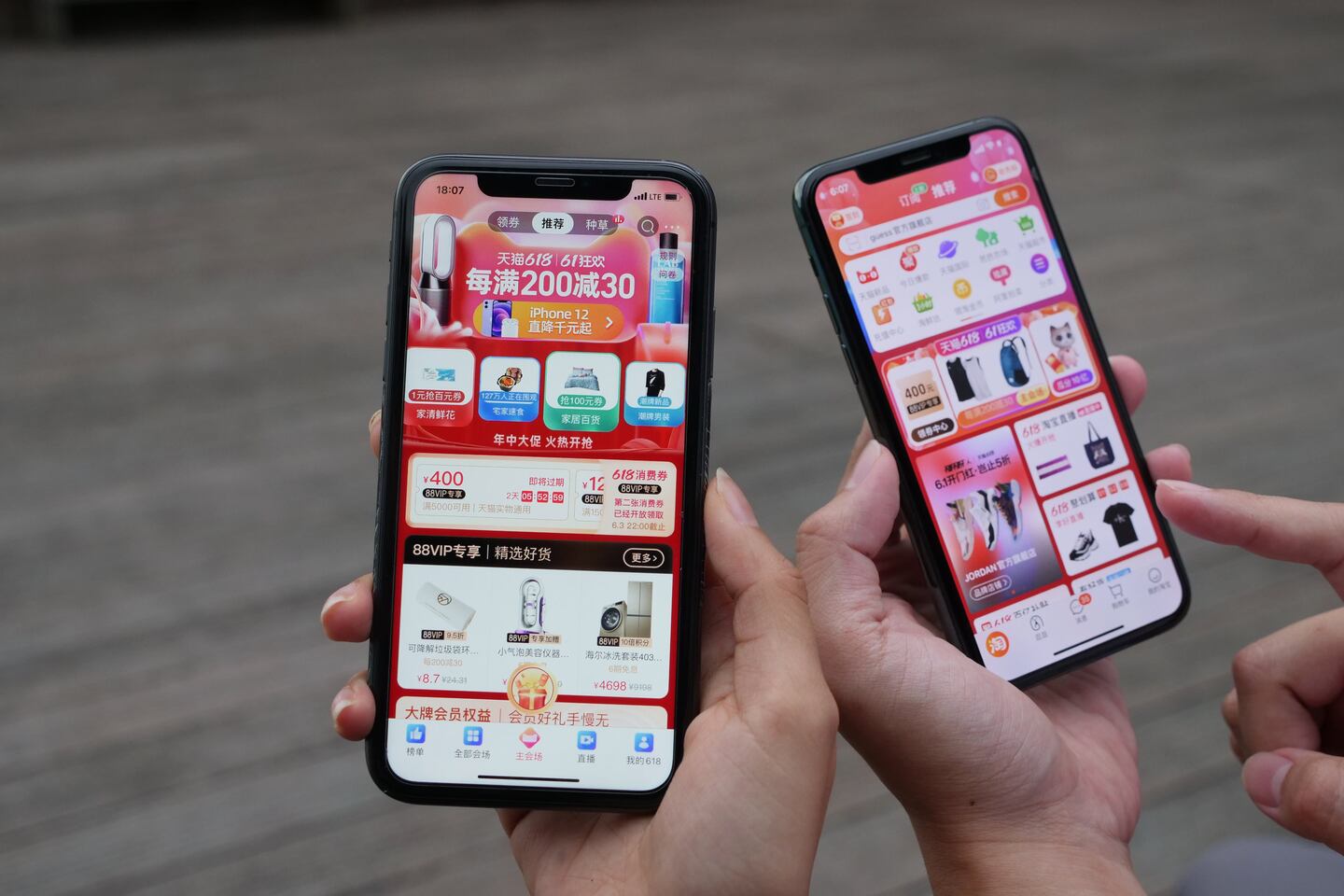
The Business of Fashion
Agenda-setting intelligence, analysis and advice for the global fashion community.

Agenda-setting intelligence, analysis and advice for the global fashion community.

China’s most prominent e-commerce service company today announced an all-cash deal to buy out fashion e-commerce vendor, eFashion China.
Shanghai-based eFashion China is an e-commerce solution provider (also called TP or Tmall Partner) focused on bringing international fashion brands to China, its customers include Zimmermann, Paul Smith, Lululemon and COS, Arket, & Other Stories.
Also based in Shanghai, Baozun is China’s largest e-commerce service company, with revenues of 8.85 billion yuan ($1.37 billion) last year and 2020 gross merchandise volume (GMV) of 55.69 billion yuan ($8.62 billion). It works with international luxury and fashion brands, such as Burberry, Coach, Valentino and Nike, and Alibaba owns a 11.3 percent stake of the company, according to Baozun’s latest disclosure.
Last year, Baozun announced in a medium-term strategic plan its intention to expand further into the fashion category, an aim furthered by this acquisition.
In February, Baozun acquired consulting management firm, Full Jet, which has helped international fashion and sports brands, such as Adidas and Tommy Hilfiger, formulate offline distribution plans for the China market, then in April the firm signed a strategic partnership with Fosun Fashion Group (the Chinese owners of Lanvin and, more recently, Sergio Rossi) and marketing agency, Activation Group.
With consumers tightening their belts in China, the battle between global fast fashion brands and local high street giants has intensified.
Investors are bracing for a steep slowdown in luxury sales when luxury companies report their first quarter results, reflecting lacklustre Chinese demand.
The French beauty giant’s two latest deals are part of a wider M&A push by global players to capture a larger slice of the China market, targeting buzzy high-end brands that offer products with distinctive Chinese elements.
Post-Covid spend by US tourists in Europe has surged past 2019 levels. Chinese travellers, by contrast, have largely favoured domestic and regional destinations like Hong Kong, Singapore and Japan.